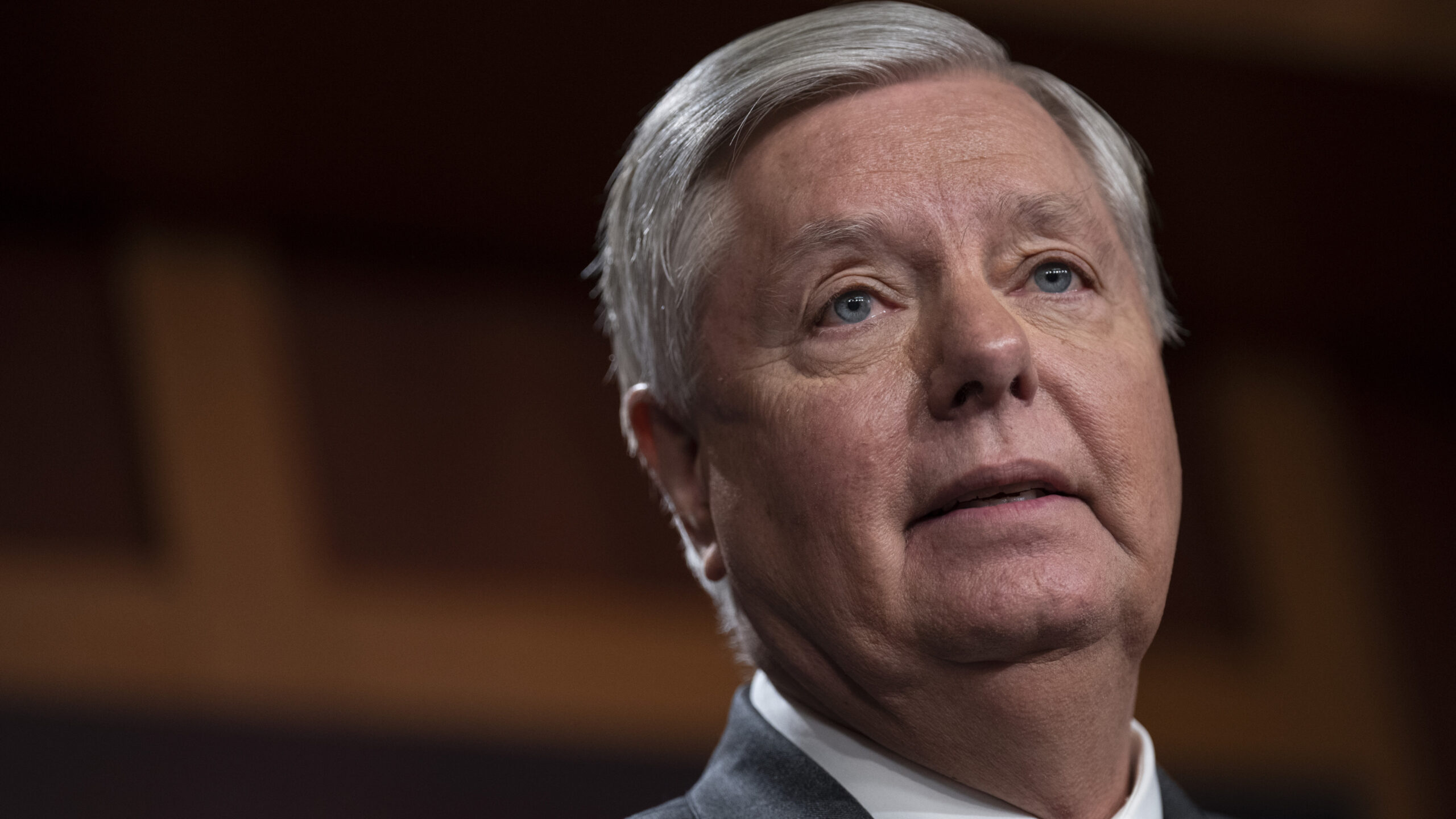Microsoft Places a$ 13 Billion AI Bet
On March 15, 2023, Microsoft CEO Satya Nadella takes part in an interview at the company’s’s headquarters in Redmond, Washington.
Bloomberg|Chona Kasinger|Getty Images
When Microsoft first invested $1 billion in OpenAI in 2019, the deal received no more attention than your average corporate venture round. The startup market was blazing hot, and artificial intelligence was one of many areas attracting mega-valuations, alongside electric vehicles, advanced logistics and aerospace.
Three years later, the competition has undergone significant change.
Following the collapse of social markets multiples for high-growth, financially losing tech companies, startup funding has exploded. Artificial intelligence, or productive AI, is an exception that focuses on creating automated text, visible, and audio responses.
OpenAI is the most popular private enterprise. The San Francisco-based company debuted ChatGPT in November. This bot has become popular because it can respond to users’ questions about almost any subject in a way that is human-like.
Microsoft’s’s once-under-the-radar choice is now a hot topic of debate, both among venture capitalists and among publicly traded stockholders who are attempting to determine what it means for the significant property value. According to reports, Microsoft has invested a total of$ 13 billion in OpenAI, and the startup is currently valued at around$ 29 billion.
This is due to the fact that Microsoft isn’t simply letting OpenAI into its sizable bag. As the sole supplier of computing power for OpenAI’s’s work, products, and software interfaces for developers, it is also the arms buyer. Huge workloads running on Microsoft’s’s cloud servers are a result of businesses and multinational corporations, including Microsoft, rushing to incorporate their materials with OpenAI.
Microsoft is integrating the technology into its Bing search engine, sales and marketing software, GitHub coding tools, Microsoft 365 productivity bundle and Azure cloud. Michael Turrin, an analyst at Wells Fargo, says it could all add up to over $30 billion in new annual revenue for Microsoft, with roughly half coming from Azure.
What does that say for the larger structure and Microsoft’s’s choice?
Turrin said in an interview,” It’s’s so good that investors are asking me how they pulled it off or why OpenAI would even do this.”
The commercial repercussions, meanwhile, are anything but obvious.
boasting of freedom
OpenAI was established as a volunteer in 2015. When two top executives announced the creation of the” capped-profit” entity known as OpenAI LP in a blog post in 2019, the structure was altered. The original layout prevents the startup’s’s initial investors from earning more than 100 times their initial investment, with lower earnings for subsequent investors like Microsoft.
Microsoft will receive a portion of OpenAI LP’s’s profits up to the agreed-upon cap after its investment is repaid, with the remaining funds going to nonprofit organization, according to an strange spokesperson. A Microsoft representative declined to comment.
In a 2019 Reddit comment, Greg Brockman, an OpenAI co-founder and one of the blog post’s’s authors, said that for people, the system” feels comparable with what they could create investing in the most successful companies of all time”( but less than what’d’d be getting doing so ). (.).
In Silicon Valley, where the venture community has much prioritized maximizing returns, this model is uncomfortable. Elon Musk, a founding member and later supporter of OpenAI, also finds it to be illogical. Musk has expressed his worries about OpenAI’s’s unusual shape and its implications for AI on numerous occasions this year, especially in light of Microsoft ‘ equity stake.
″OpenAI was created as an open source (which is why I named it ‘Open’ AI), non-profit company to serve as a counterweight to Google, but now it has become a closed source, maximum-profit company effectively controlled by Microsoft,” Musk tweeted in February. “Not what I intended at all.”
If OpenAI is successful, according to Brockman on Reddit, it was” produce orders of magnitude more worth than any organization has to day.” Microsoft may gain as a significant OpenAI investment.
In addition to its choice, Microsoft’s’s reliance on OpenAI has the potential to significantly improve its performance in the AI industry, where it has officially failed and failed to establish a significant company. Microsoft removed the Tay bot from Twitter, Cortana from the Windows taskbar, and the Clippy associate from Word.
Although CEO Satya Nadella reported in October that income from Microsoft’s’s Azure Machine Learning support had doubled for four consecutive quarters, the company hasn’t disclosed the size of its AI company, unlike in places like advertising or protection.
Visit CNBC Pro to learn more about technology and cryptocurrencies.
If nothing else, Nadella has earned bragging rights thanks to her employment with OpenAI. A fortnight after ChatGPT was introduced, in December, he stated the following at Microsoft’s’s annual investor meet:
Guess what? When I think about Azure, one of the things we have accomplished, in truth, even in the context of ChatGPT, which is currently among the more well-known AI programs available? The Azure computer is used to train everything.
Microsoft announced new AI-powered updates to its Bing search engines and Edge computer at a press conference held in February at its offices in Redmond, Washington. One of the listeners who was featured was Altman.
Since then, the Bing robot has engaged in some highly publicized and spooky conversations with users, and it also provided some inaccurate responses at the release. Fortunately for Microsoft, Google’s’s rollout of its rival Bard AI service was underwhelming, prompting staff to describe it as” rushed” and” botched.”
Despite the early setbacks, the tech sector as a whole is filled with enthusiasm for different technologies based on enormous language models, or LLMs.
An LLM called GPT-4, which has been trained on considerable on information sources, is at the base of OpenAI’s’s bot. It has learned to write text that sounds natural. According to the OpenAI director, Microsoft has an outstanding license on the GPT-4 and all other types of the platform.
There are many additional LLMs offered.
Last month, Google said it had given some developers early access to an LLM called PaLM.
Companies like AI21 Labs, Aleph Alpha, and Cohere, as well as Google-backed Anthropic, which has chosen Google as its” preferable” cloud provider, have their special LLMs. Dario Amodei, co-founder of Anthropic and former vice president of study at OpenAI, has voiced worries about AI’s’s unchecked power, joining Altman and Musk.
Anthropic became a public-benefit company in Delaware in 2021, indicating that it intended to have an impact on society while making money.
Hazard spokesperson told CNBC in an email,” We were and are focused on developing innovative institutions to offer incentives for safer development and implementation of AI systems, and we will have more to discuss on this in the future.”
One thing is obvious throughout the field: it’s’s still in its infancy.
Despite referring to OpenAI as the best LLM operator, Quinn Slack, Chairman of the code-search startup Sourcegraph, claimed he hasn’t seen any evidence that the partnership has given Microsoft a significant advantage.
Slack remarked,” I don’t think people should look at Microsoft and say they’ve’ve completely locked up OpenAI and openAI is doing their buying.” I firmly believe that the locals are driven to create incredible solutions and spread its use to as many people as possible. They see Microsoft as a fantastic business, but not one who is in charge. That’s’s great, and I hope it stays that way.
There are many people who doubt OpenAI. The Federal Trade Commission was urged late last month by the nonprofit Center for Artificial Intelligence and Digital Policy to prevent OpenAI from releasing new commercial versions of GPT-4, calling the technology” distorted, false, and a danger to private and public security.”
Given its familiar entanglement, Microsoft, which does not hold an OpenAI board seat, would be the obvious acquisition when thinking about potential exits for the company. However, due to worries about AI and Microsoft’s’s stifling opponent, that kind of work would probably draw regulatory scrutiny. Microsoft was avoid Hart-Scott-Rodino reviews from U.S. competition regulators by continuing to be an investment rather than buying OpenAI.
I’ve’ve read through it. David Zilberman, a partner at Norwest Venture Partners, said,” It’s’s painful.
According to Scott Raney, a controlling director at Redpoint Ventures, the more likely course for OpenAI based on its current rating is an future IPO.
OpenAI is expected to bring in$ 200 million in revenue this year, up 150 % from 2022, and then$ 1 billion in 2024, indicating a 400 % increase, according to PitchBook data.
There’s’s kind of no turning back at that point when you raise at a$ 30 billion valuation, according to Raney. You’re’re saying,” Our goal is to grow into a sizable independent business.”
According to a representative for OpenAI, there are no options to go public or acquire the company.
" Conservative News Daily does not always share or support the views and opinions expressed here; they are just those of the writer."





